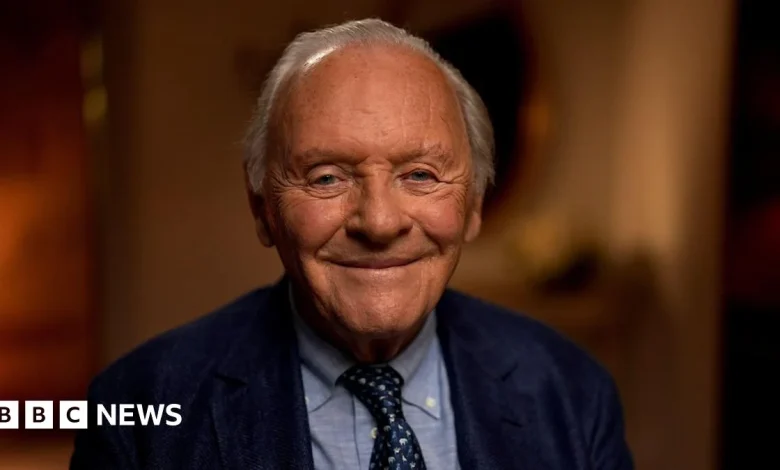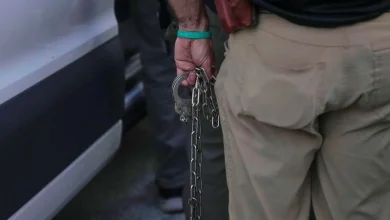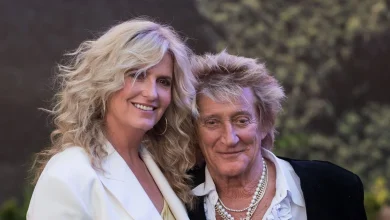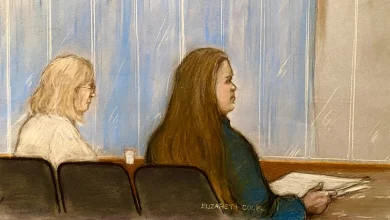‘Anger and revenge’: Anthony Hopkins on how being bullied at school spurred him on

Then one night in LA in December 1975, almost 50 years ago, he drove his car while in “a complete alcoholic blackout”. When he came to, he realised that he was “out of control” and could have killed someone. He made a phone call to ask for help.
“Suddenly, something said ‘it’s all over, now you can start living’… the craving left and it’s never come back.”
At his first meeting of Alcoholics Anonymous, he had a realisation about everyone else in the room.
“They’re all misfits like me. Like all of us. We feel we never belong. We feel self-hatred. All of us are the same. I’m not alone.”
It’s that feeling of disconnection that shines out of the book.
He writes that his wife Stella believes he is on the autism spectrum which is “likely right, given my proclivity for memorisation and repetition… and my lack of emotionality” but he says he prefers the term “cold fish”. I want to know why.
It seems to have begun as a reaction to the bullying and screaming at him through school and National Service.
“I’d just stare them out, and that drove them mad,” he recalls. “You withdraw into yourself and think, ‘OK you can’t hurt me, can you?” It was, he says, his “only defence… and that’s a power, you see: I don’t care.”
Of course, Sir Anthony does care and we talk a little about the state of the world. It’s at this point in our interview that he becomes his most passionate. He grew up in Port Talbot surrounded by people who had been impacted, even brutalised, by war.
He played Sir Nicholas Winton, the man who saved hundreds of mainly Jewish children from the Nazis, in the film One Life.





